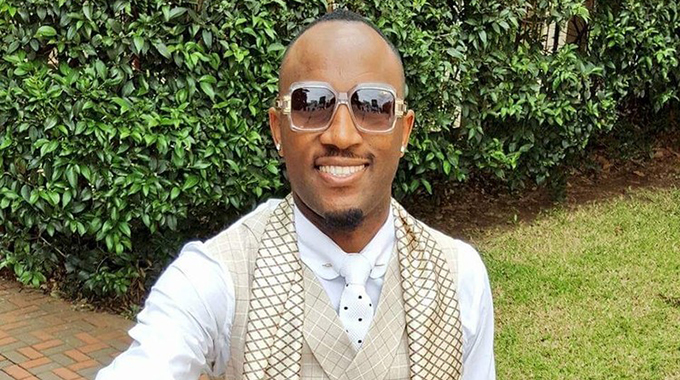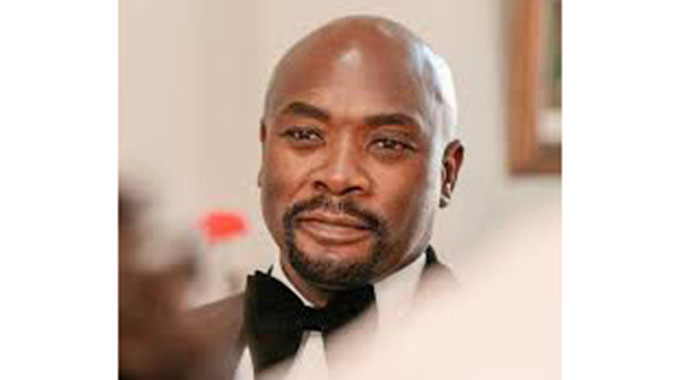Emerging voice of influence

At 24 Alistair Mukondiwa, a final year medical student at the University of Zimbabwe (UZ), has been championing causes such as Health and Neglected Tropical Diseases and Climate Change on the African continent. He is an emerging voice of influence for young people in healthcare sector.
He serves as the Regional Director for Africa at the International Federation of Medical Students’ Associations (IFMSA)
During the recently ended IFMSA General Assembly in Rwanda, Mukondiwa was elected the Vice-President for Members for International Federation of Medical Students’ Associations (IFMSA) by more than two thirds of the National Member Organisations (NMOs) present at the meeting.
This set him to be only the second Zimbabwean to serve in the IFMSA Executive after the 1983 election of Bruce Waters as IFMSA president and one of the handful of Africans to serve in the Executive.
The following is a recent conversation between him (AM) and Youth Interactions (YI):
YI: How would you paint your interests?
AM: My interests include public health, disaster preparedness, climate change and health. I have a dream to see the day when every person in Zimbabwe and Africa, regardless of gender, race, creed or background can access quality healthcare without experiencing financial burden.
YI: What does the International Federation of Medical Students’ Associations represent?
AM: The International Federation of Medical Students’ Associations (IFMSA), founded in 1951, is one of the world’s oldest and largest student-run organizations.
It represents, connects and engages every day with medical students from more than 140 national member organisations in 128 countries around the globe.
The Federation has a consultative seat at the United Nations and is recognized as a non-state actor by the World Health Organisation.
YI: What is the best way of understanding its functions?
AM: Its work is divided into four main global health areas: Public Health; Sexual and Reproductive Health and Rights; Medical Education; and Human Rights and Peace.
Each year, it organizes more than 13 000 (correct) clinical and research exchange programmes for medical students around the world to explore innovations in medicine, healthcare systems and healthcare delivery.
IFMSA brings people together to exchange, discuss and initiate projects to create a healthier world. It trains its members to give them the skills and resources needed to be health leaders.
It advocates for the pressing issues that matter to medical students in order to shape the world they envisage. It delivers, positively impacting the physicians-to be, the communities they serve, as well as the health systems around the world in which they practise as trainees and eventually as medical doctors.
YI: What is the roadmap this year after Kigali?
AM: Our work largely revolves around equipping the future healthcare workforce with the knowledge, skills and values to become global health leaders both at local and international levels.
In public health, we have had a lot of strides in Africa and the world – bringing issues such as Universal Health Coverage into conversation at all levels through capacity-building and health diplomacy, with one such capacity-building initiative billed to be held in Zimbabwe in October.
It will be a public health summer school for medical students in Africa, where they will receive training in areas such as public health leadership, advocacy to policy on Universal Health Coverage, health project management and fields alike.
We have also been involved in climate change and health where we produced a framework through which we are engaging medical schools to include the topic in their curriculum because as we have learnt through Cyclone Idai, climate change is a health emergency.
I had a wonderful opportunity recently in The Gambia where, as medical students, I presented our Climate Change and Health work and data at a Plenary Health Conference 2020 to academics, government officials and civil society organisations across Africa, the Americas, Asia-Pacific and Europe.
A lot of work has begun on that subject with a few countries starting to make the necessary adjustments.
Also, a lot of efforts are being put into professional and research exchanges, which has been something very beneficial for medical students in the region because they get to experience health systems in other countries during their studies. They can bring these experiences back home.
YI: In the area of medical education what has been the focus?
AM: In medical education, we believe that healthcare students are key stakeholders in their education and need to be meaningfully included in decision-making, accreditation and quality assurance.
We work closely with the World Federation of Medical Education (WFME) and are assisting medical students to collaborate with academic institutions to earn recognised accreditation across the region.
We have seen amazing stories emerge from countries such as Sudan, where medical students facilitated the accreditation of their medical schools.
We also have a lot of work in Sexual and Reproductive Health and Rights, including HIV and AIDS through training programmes and health diplomacy opportunities offered by the Federation.
Finally, we work in Human Rights and Peace areas such as patient rights, health ethics, migrant and refugee health and disaster management through capacity building initiative for healthcare students and advocacy.
YI: What does landing the Vice-Presidency of IFMSA mean, and what could be the expectations?
AM: First of all, this is both a humbling and exciting honour and opportunity. This is the first time a Zimbabwean has been elected Vice-President for members and only the second time a Zimbabwean has served in the IFMSA Executive. The last was in 1983.
It is humbling because I know that there are many hard-working young minds in Zimbabwe and Africa and I am merely an example of what we can achieve.
It is exciting because we see very few Africans leading international organisations, particularly in global health and I believe this will be an opportunity for us to demonstrate that not only can a mere Zimbabwean lead 1,3 million medical students but that Africa and the global south have a meaningful role to play in the future of healthcare.
I am sure that this will attract a lot of positive attention to the work being done by people in Zimbabwe’s health sector, including the Zimbabwe Medical Association (ZIMA).
I believe that the work we are undertaking will translate into more widespread impact of the work medical students and young healthcare professionals are conducting in classrooms, the hospitals, the research field and the communities from which they come.
I hope the experiences we are acquiring can be put to use by the leaders of our institutions and health systems so that Zimbabwe can experience unprecedented health systems strengthening. After all, there are young innovative minds that love our nation. They just need to be meaningfully included in decision-making processes.










Comments